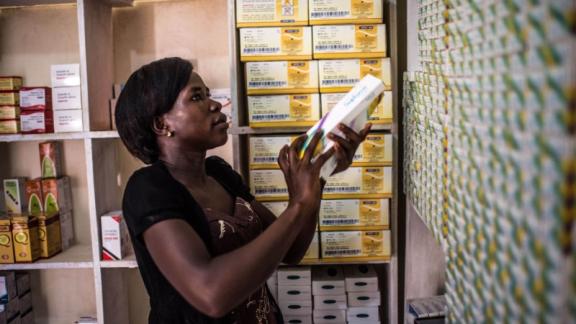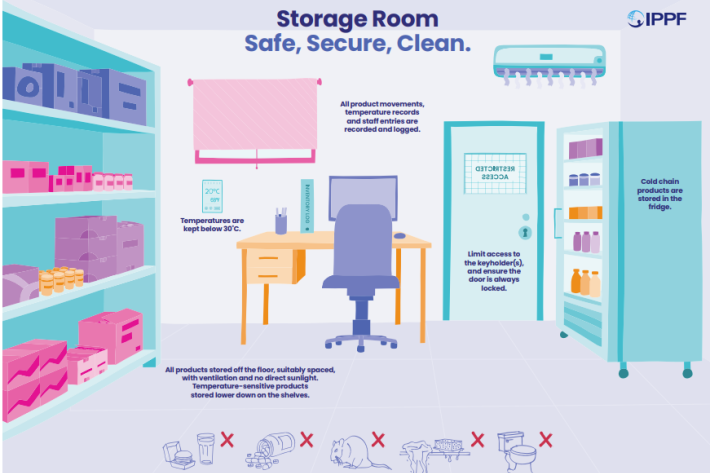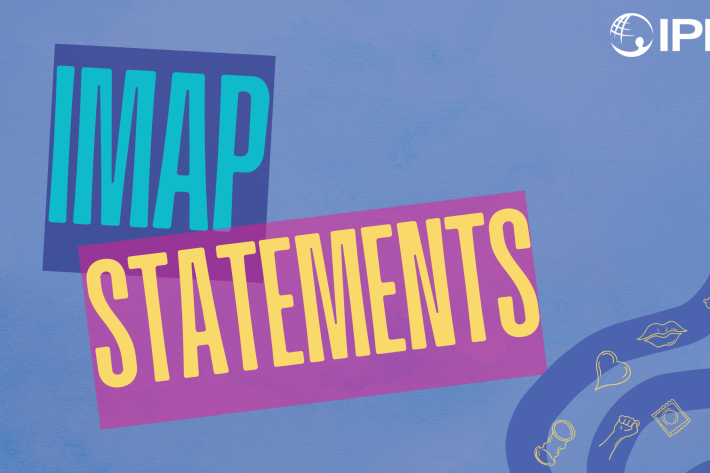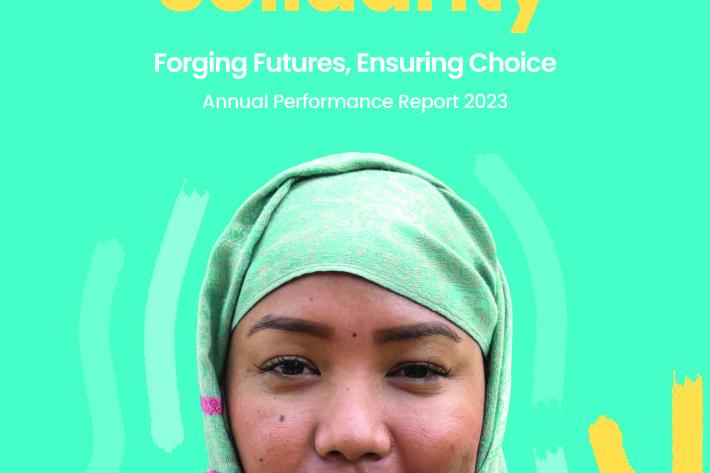Spotlight
A selection of resources from across the Federation
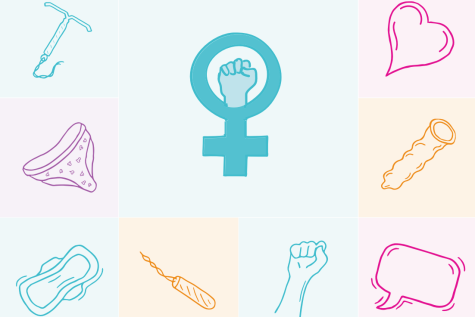
Technical Brief: Designing and Delivering Inclusive, Rights-Based Sexual and Reproductive Healthcare to Transgender and Gender Diverse People
This technical brief outlines key recommendations across several sexual and reproductive health service areas to promote access to inclusive care for transgender and gender diverse people.
Filter our resources by:

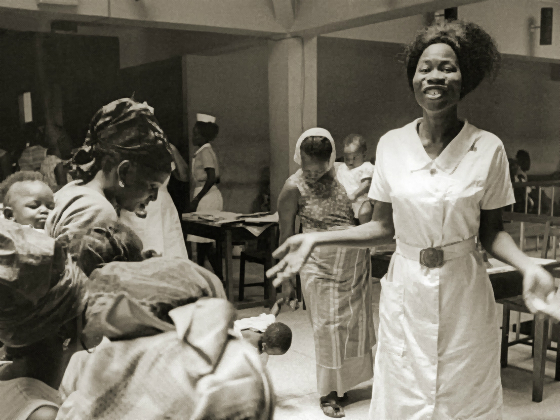
| 23 February 2017
Celebrating over 60 years of service delivery
For over 60 years, IPPF has been at the vanguard of the family planning movement, championing and fighting for rights‑based, voluntary family planning worldwide.
| 01 February 2017
How to educate about abortion - The essentials
Abortion is an issue which people can have strong feelings about. Some consider it too ‘controversial' to include in education programmes. However, unplanned pregnancy and abortion are common occurrences around the world and IPPF believes that we all need accurate information to form our own values and make informed choices. This publication is a summary version of the peer education guide previously published.
| 24 January 2017
IMAP Statement on conscientious objection
Sexual and reproductive health is related to multiple human rights, including the right to life, the right to health, the right to privacy and the prohibition of discrimination. The right to health include sexual and reproductive health. This means that the states have obligations to respect, protect and fulfil the rights related to women’s and men’s sexual and reproductive health.

| 16 January 2017
IPPF's humanitarian response: dignity, protection, care
During times of crisis sexual reproductive health services are a necessity. Access to sexual and reproductive health services, even in the midst of war or natural disaster, is a human right which does not only saves lives in the short run, but also helps build resilience amongst refugees and displaced people. The statistics of women affected in humanitarian crises are shocking. It is estimated that more that 33 million of the 130 million people are in need of humanitarian assistance, are women and adolescent girls of reproductive age - 500 of these women and girls die every day from complications related to pregnancy and childbirths. WANT TO GET INVOLVED? SUBSCRIBE NOW TO GET UPDATES FROM IPPF SUPPORT OUR WORK WITH A DONATION
| 13 January 2017
IMAP Statement on safeguarding reproductive rights in the face of declining fertility
Profound changes in demographic patterns are taking place globally. Birth rates are falling in most countries around the world. Many governments are concerned about the impact of population ageing, and its consequent effects on lower economic productivity and escalating costs for medical care for older people. Some argue that birth rates must be stimulated to increase again. A few have begun to question the legitimacy of contraception and parenthood by choice, as well as challenging the principle of gender equality. This concern may also result in reduced focus on ‘the other side of the story’, namely that 225 million women who wish to avoid or delay pregnancy are not using modern contraception. Such restrictive approaches contravene people’s right to “reproduce and the freedom to decide if, when and how often to do so” as agreed at the 1994 International Conference on Population and Development, and reiterated through the 2015 Sustainable Development Goals.
Pagination
- First page
- Previous page
- …
- 3
- 4
- 5
- 6
- 7







